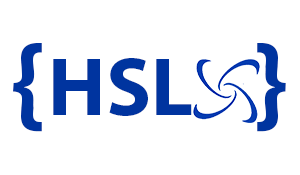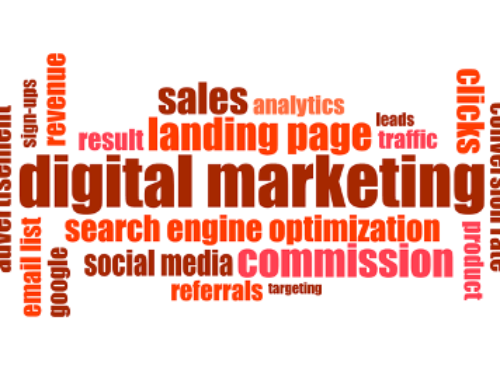The use of AI in healthcare & medicine is booming – here’s how the market is benefiting from AI in 2020 and beyond
High Score Labs News • Apr 13, 2021
Every healthcare facility in the world generates a huge amount of data. The medicine and healthcare sector is a data-driven industry. In like manner, artificial intelligence is a data-driven technology. Machines are trained by data to perform tasks that require human perception and decision-making. If AI deals with the training of machines with data, and the healthcare sector generates a lot of data. Therefore, it is logical to infer that data generated in the healthcare sector can be used to train machines to perform tasks that should normally be handled by health professionals.
Here are examples of how AI was implemented in the healthcare industry.
- Cancer Treatment
Watson is an IBM Supercomputer that was developed by the combined application of artificial intelligence and complex analytical software. These supercomputers have been instrumental in the application of AI in the health care sector. They are used to select optimal treatments for cancer patients. A cancer center at the University of North Carolina has used these supercomputers to identify the most effective treatments for over 1000 patients. These data-driven supercomputers performed big data analysis and gained insight into the process of identifying the right treatment for cancer patients. Specifically, cancer patients with tumors who showed signs of genetic anomalies.
- Decision making by physicians
Inpatients and outpatients in healthcare facilities generate electronic records. Google Cloud Healthcare application programming interface was engineered to help physicians make optimum decisions about patients. The Artificial Intelligence behind this innovation takes data with machine learning and give pointers to physicians – pointers that’ll help them make informed decisions.
- Advantages of AI in Health Care
Automation of administrative tasks
Latest statistics from Insider Intelligence reveals that 30% of healthcare costs are spent on administrative task. Automation of the processes that help carry out this task will go a long way to minimize cost. This form of AI automation will help reduce the workload of workers in healthcare facilities.
- Big Data Analysis
Before the inception of artificial intelligence, analyzing big data sets generated in healthcare facilities was challenging. However, AI has been instrumental in handling and analyzing big data sets. The training of machines by hidden trends discovered through the analysis of big data with AI gives insights that help in predictive analysis. Predictions like these help locate key areas of patients’ care that needs changes.
- Discovery of potential health risk
FitBits and other AI-dependent software analyze data and alert patients about potential health risks. Patients can use this software on their own thereby reducing the workload of health workers.
Medical professionals have always recommended prophylactic solutions to potential health problems over therapeutic solutions to eventual health problems. And AI supports this through accurate, data-informed decisions. Artificial Intelligence is here to stay as a profitable tool in our healthcare facilities. Its predictive potentials are there to identify potential health risks, reduce administrative cost and even help patients make optimum decisions in the absence of health care professionals.
Contact us today!






